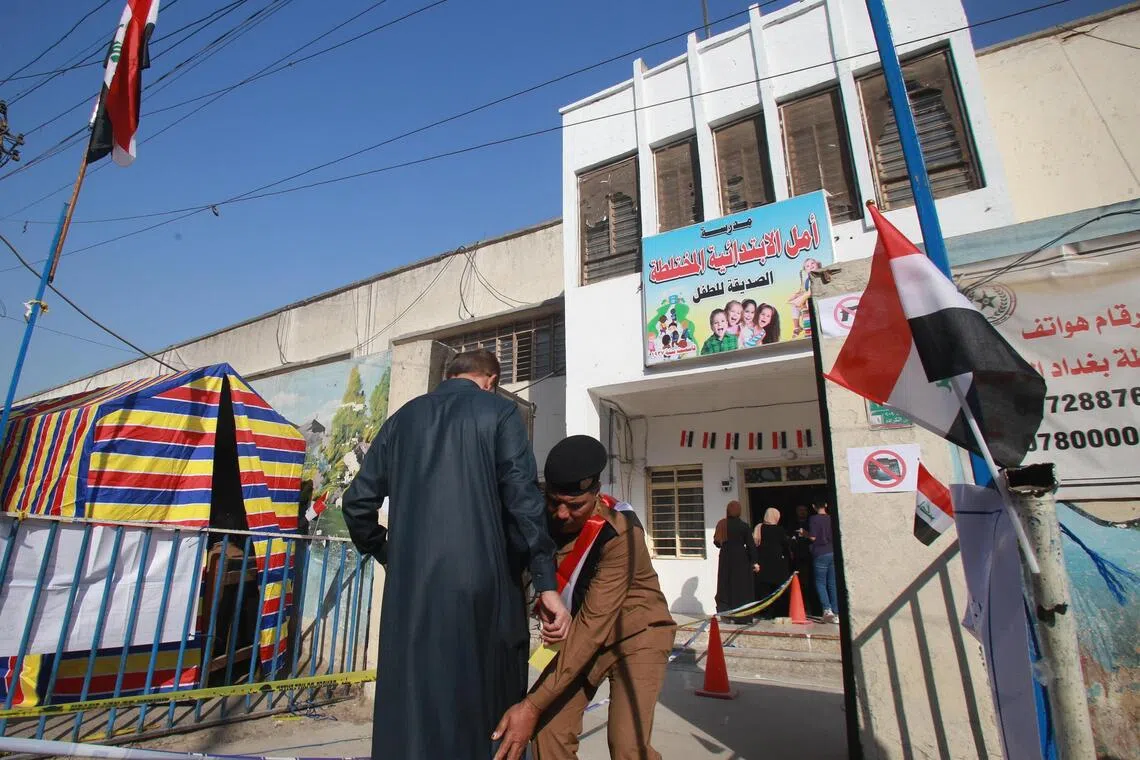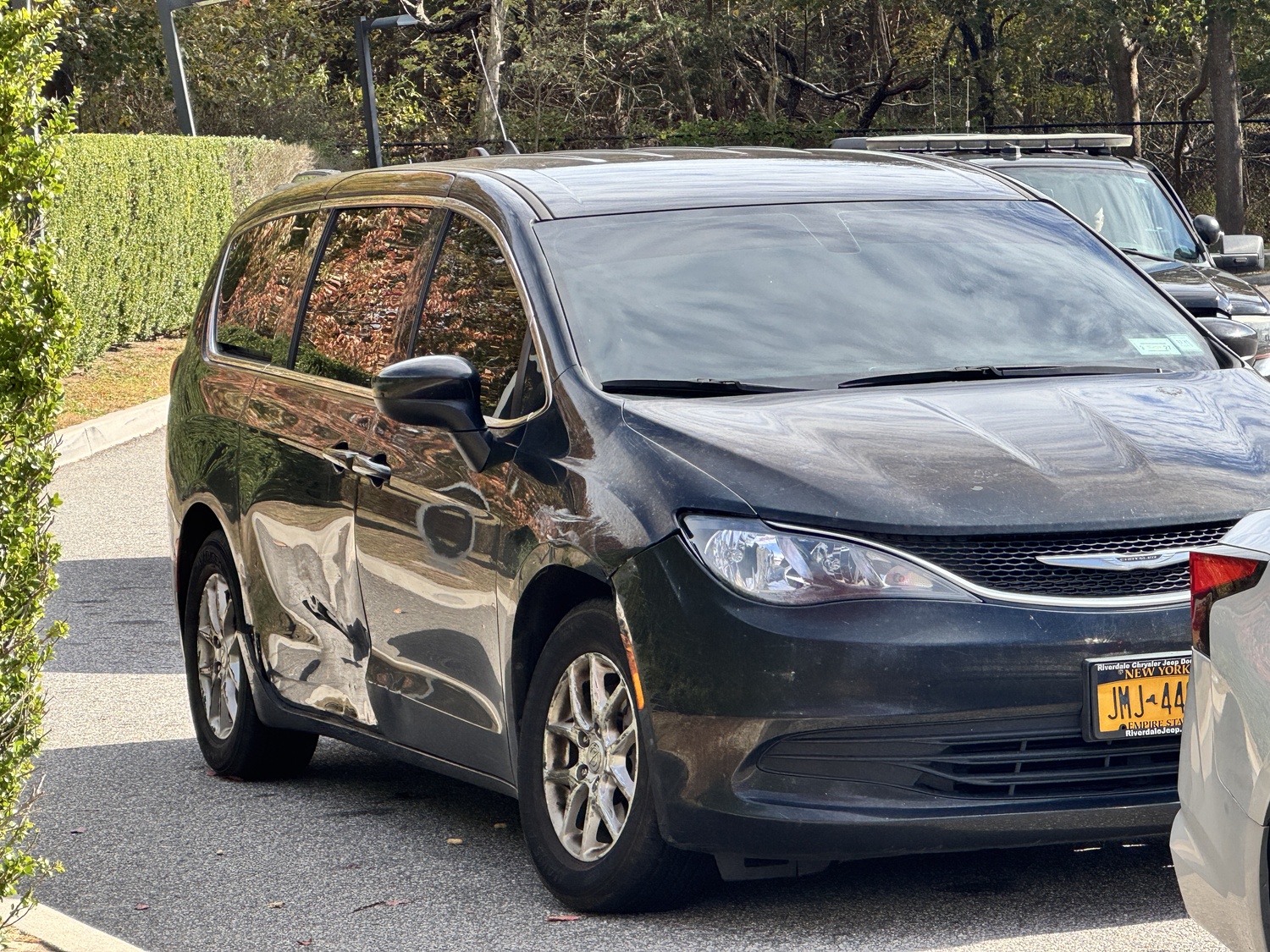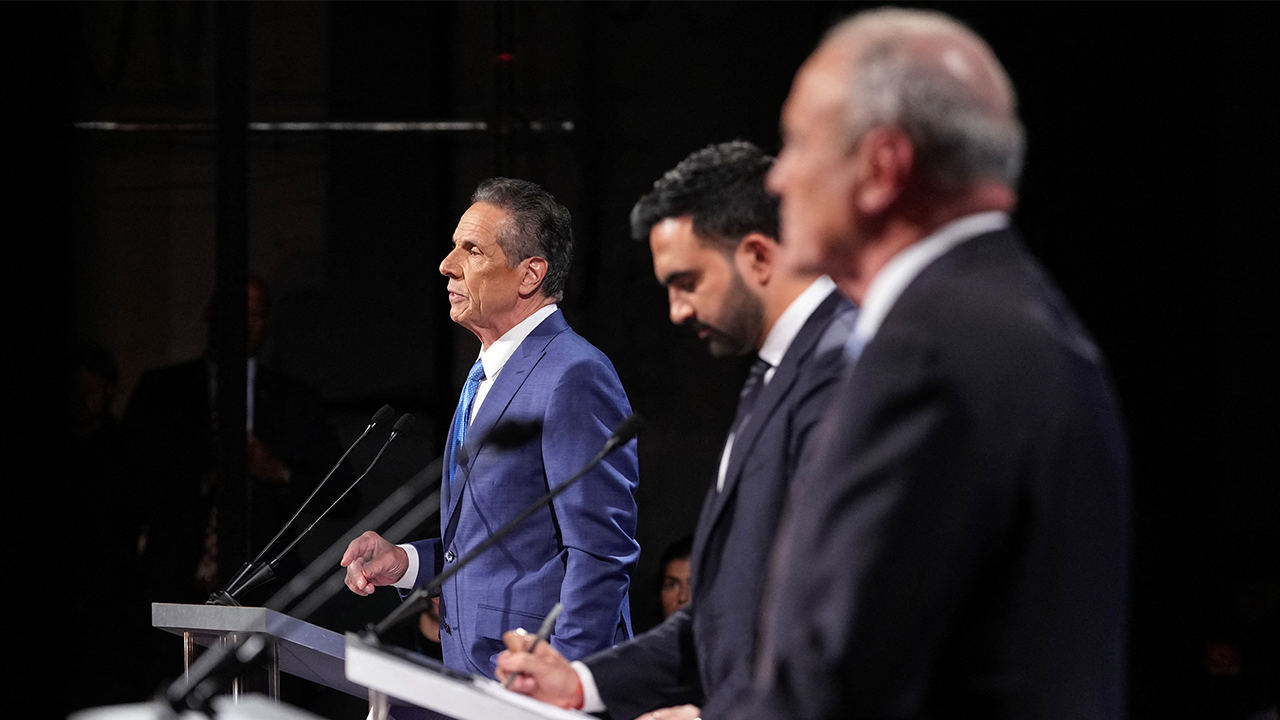Copyright straitstimes

BAGHDAD – From rooftops to lampposts, campaign posters compete for every inch of Baghdad’s streets. There are pictures of politicians wearing hard hats and slogans vowing “strength and prosperity”. Concrete walls that once shielded buildings from car bombs now protect glitzy new apartment developments, promising cafes, gyms and spas. After a long US occupation, years of sectarian bloodshed and a jihadi insurgency, Iraq has become an improbable haven of calm in the Middle East, at least relative to many other parts of the region. Safeguarding this hard-won peace is a top priority for Iraqis as parliamentary elections got underway on Nov 11. “The Iraqi people have reached a point where they can no longer tolerate conflict and wars and all these misadventures,” Mohammed al-Sudani, the prime minister, told The New York Times in an interview last week. “People want stability, security and development.” More than 7,700 candidates from 114 party lists are competing for 329 seats.Once the results are in, there will be weeks, and possibly months, of negotiating for parties to forge a coalition with the largest share of seats, and then form a government. Mr Al-Sudani, often credited for Iraq’s stability and a construction boom, heads an alliance of parties expected to win the most votes. But some of his former political allies have vowed to prevent him from forming a governing coalition to gain a second term. And just below the surface of this election lurks the thorny question of whether and how Iraq can curb the considerable influence of its once-powerful neighbor, Iran. The US-led invasion of Iraq in 2003 toppled longtime dictator Saddam Hussein and ended government control by the country’s Sunni Muslim minority. Since then, Iraqi politics have been dominated by the Shiite Muslim majority. Iraq has been stuck ever since in a tug-of-war between Washington and Tehran, the regional Shiite power. In recent years, an array of powerful Iran-linked militias have been gaining political influence in Iraq. These mostly Shiite groups were created in 2014 as part of the so-called Popular Mobilisation Forces to fight the Islamic State group, or Isis, the jihadi Sunni force that seized large parts of the country and brutally targeted Iraqi Shiites. Some obtained military and financial backing from Iran. The threat of the Islamic State group has faded, but the Iran-backed militias have grown more powerful. Their leaders argue they have the right to retain weapons as long as US forces remain in Iraq. And they have pushed Iraqi officials hard to expel American troops. Mr Al-Sudani secured a commitment for a phased withdrawal of the roughly 1,300 US forces still in Iraq by September 2026. But US officials are already negotiating to maintain a presence in the country, saying it is needed to fight Islamic State remnants. Iran’s regional power has dwindled in the two years since its Palestinian ally Hamas led the Oct 7, 2023, attack on Israel. The attack ignited a war with Israel that devastated the Gaza Strip and upended the Middle East geopolitical order. Israeli forces killed the leadership of Iran’s top regional ally, Hezbollah, in Lebanon.Rebels in Syria toppled the Iran-backed Assad dictatorship. And Israel launched a brief war on Iran in June that drew in US warplanes. Iran’s prized network of allied militias around the Middle East, which call themselves the “Axis of Resistance”, unravelled quickly almost everywhere, except in Iraq. There, Iran-backed militias are not only still armed, their political wings control several government ministries – and through them, access to lucrative state contracts. Most of these groups have grown so rich from this process, Iraqi and Iranian officials say, they no longer need funding from Tehran. In this election, almost every Iran-backed militia is running a parliamentary list. Kataib Hezbollah, the most powerful of these militias and the closest to Iran, paraded horn-honking car convoys through the southern city of Kut to cap its electoral campaign on Nov 8, its flags waving overhead emblazoned with a fist clutching a rifle. US President Donald Trump’s administration has signalled it may not tolerate the presence of such militias in the country much longer. In October, Secretary of State Marco Rubio warned of an “urgency in disarming Iran-backed militias”. Mr Trump’s newly appointed envoy to Iraq, Mark Savaya, emphasised on that idea in a message to Iraqis before the voting. “The United States stands with Iraq as it moves forward: strong, independent, and free from foreign-backed militias,” he wrote on social media. Iraqi politicians expect Mr Savaya to not only demand a US-friendly premier, but also a Cabinet free of parties aligned to the Iran-linked militias. “Just the announcement that Trump appointed a new envoy had every Iraqi official shaking,” said Mr Ali al-Hamdani, a political campaign manager in Baghdad. “They know what comes next.” Iran’s Foreign Ministry spokesperson, Mr Esmail Baghaei, criticised US pressure on Iraq on Nov ,10 condemning foreign interference in the elections “unacceptable”. Iraq’s Foreign Ministry responded by calling his comments “provocative” and urging Tehran not to get involved in the country’s internal affairs. On the streets of Baghdad, ousting Iraq’s ever more powerful and rich militias is something even Iraqis who describe themselves as anti-American support. “I don’t like or agree with the Americans on anything, except on this,” said Mr Mahasan Ali, a retired kindergarten teacher in Baghdad. But disentangling Iraqi politics from this web of militias will be a huge challenge for the country. Many militias have come at least nominally under control of the government over the years. But the hard-line groups closest to Iran – which Washington is now pushing to disarm – refuse to submit.They defend their role as part of the Axis of Resistance, fighting what they see as foreign interference in Iraq by the US and others. Mr Al-Sudani, who came to power with the help of some of these groups, has promoted himself as the man who can keep the militias in check. His critics say he did it by turbocharging the patronage system. Iraq is one of the world’s top oil producers, and relatively high crude prices have helped fuel a boom in state-funded development projects, which militias have profited from. For Tehran, Iraq is not just a critical economic lifeline to the outside world, but a matter of security.The countries share a nearly 1,600-km border and once fought a devastating eight-year war Iran is determined never to repeat. “Iraq represents one of the national security pillars for Iran, so Iran will fight to maintain control in Iraq,” said Dr Ihsan al-Shammari, a political scientist at Baghdad University. He sees a danger in keeping the militia-linked parties inside the government, but Mr Al-Sudani disagrees. “Any path that can shift these militant factions to politics or economics, and then lay down their weapons – this is a good solution,” he told the Times. The militias, however, insist they are not giving up their weapons. Three nights before the election, Mr Jaafar al-Husseini, the military spokesperson of Kataib Hezbollah, gave a fiery and sectarian speech at a campaign rally. “Iraq is under full Shiite guardianship, whether they like it or not, and our weapons will remain in our hands,” he said. Mr Mohammed al-Tamimi, head of the group al-Waad al-Sadeq, said in an interview that the move to politics was not to surrender its arms, but to protect its interests. “Every faction needs men in the parliament and government to safeguard their ambitions and their people’s demands,” he said. Mr Al-Sudani presents himself as the ideal candidate for balancing Iranian and American interests. He recently oversaw deals for Chevron and Exxon to develop oil fields in Iraq. In an apparent gesture to Mr Trump, he wrote an essay in The New York Post promoting Iraq as an investment partner. He told the Times he would bring 50 Iraqi billionaires to Washington in December for an “Invest in America” conference, to show “harmony with President Trump’s course”. All the political jockeying has disillusioned many Iraqis. Some polls predict the lowest turnout ever in this 20-year-old democracy. “Why should we vote? It’s just a rotating door of new names representing the same powers,” said Mr Mohammed Abbas, a 20-year-old mattress salesperson on a Baghdad highway. “Our elections are completely performative.” NYTIMES



